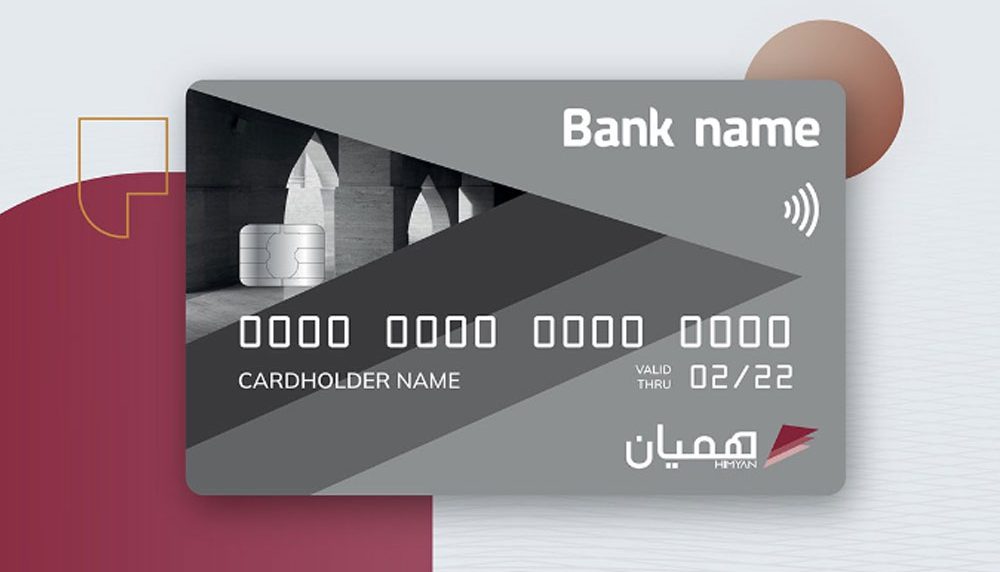A national prepaid card is a payment card that is issued by a government or a government-backed organisation and can be used for various transactions.
Qatar Central Bank (QCB) has introduced the first national prepaid card in Qatar, named ‘Himyan’.
This card has a registered trademark and can be used for transactions at point of sale, ATMs and online e-commerce within the country.
This initiative is part of QCB’s efforts to promote electronic payment systems and increase financial inclusion in Qatar. The card can be issued by both banking and non-banking customers without any minimum account balance requirement.
QIIB and Qatar Islamic Bank have already announced the availability of ‘Himyan’ for their customers.
The card is named after an ancient Arabian money bag and has contactless features, making it more secure for local transactions via the NAPS network. It further provides lower transaction fees for issuers, acquirers and merchants.
What is a national prepaid card?
A national prepaid card is a type of payment card that can be used to make purchases, pay bills or withdraw cash, similar to a credit or debit card. However, unlike credit or debit cards, a national prepaid card is not linked to a bank account or credit line.
Instead, a national prepaid card is typically issued by a government agency or a financial institution with the backing of a national government.
These cards are designed to provide a safe and convenient way for individuals to receive and use funds, especially those who do not have access to traditional banking services.
National prepaid cards can be loaded with funds in a variety of ways, such as direct deposit of wages or government benefits, cash deposits at authorised locations, or transfers from other financial accounts. They can be used to make purchases online or in-person, withdraw cash from ATMs and pay bills.
National prepaid cards can be a useful tool for individuals who have limited access to traditional banking services, such as those who are unbanked or underbanked.
They can also be helpful for managing expenses, tracking spending, and avoiding overdraft fees and other charges associated with traditional banking.







